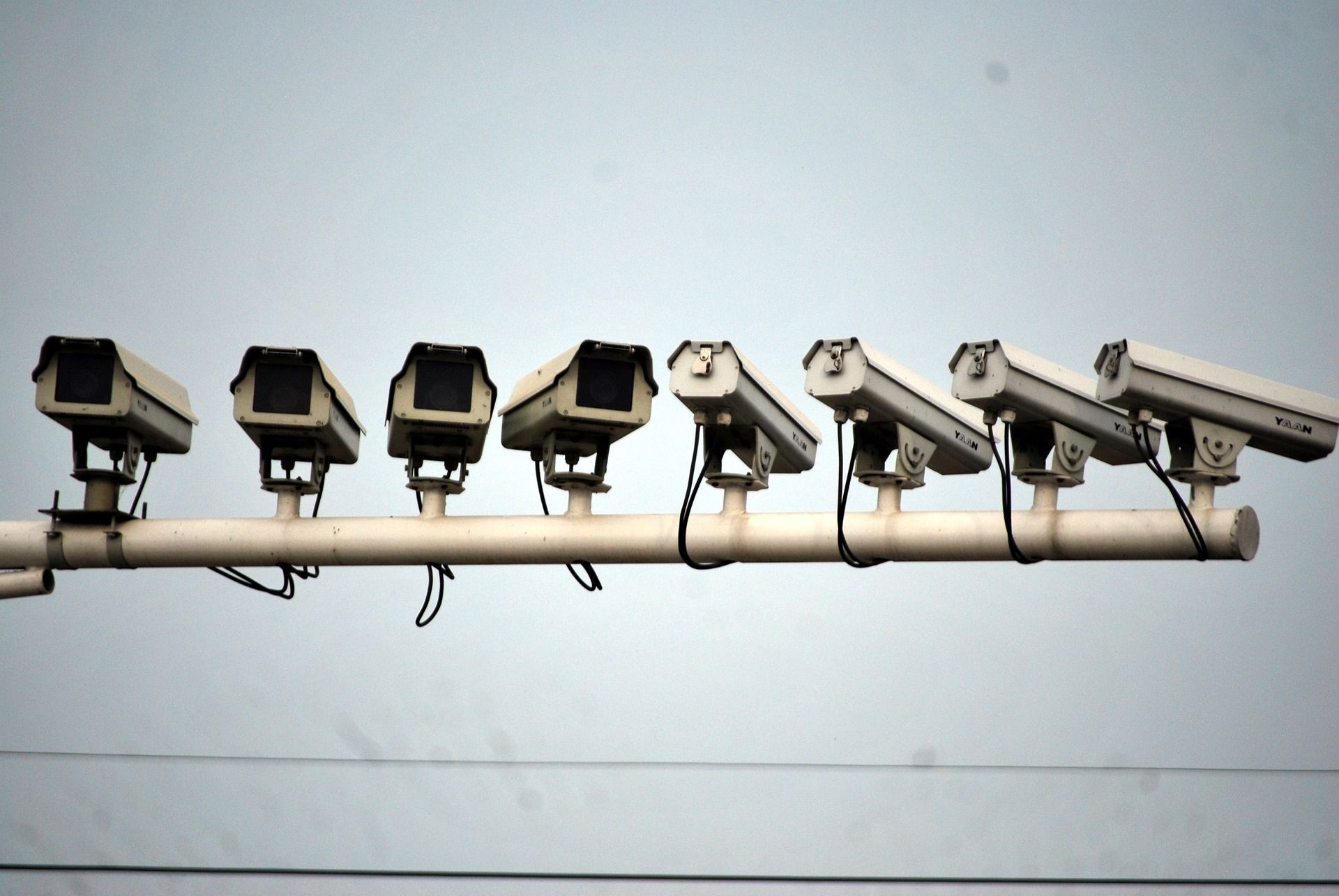What You Need to Know About UK Government Surveillance
The Regulation of Investigatory Powers Act (RIPA) and the Investigatory Powers Act (IPA)
- Created at

In the UK, the Regulation of Investigatory Powers Act (RIPA) and the Investigatory Powers Act (IPA) give the government legal authority to conduct surveillance on digital communications, including social media, phone calls, SMS, and messaging apps like WhatsApp. While these laws are intended to protect national security and prevent crime, they have been controversial, raising concerns about the balance between privacy and security.
RIPA, which was passed in 2000, established a legal framework for the interception of communications, including electronic messages, phone calls, and internet traffic. RIPA also provided powers for the government to require internet service providers (ISPs) to collect data on their customers' internet use.
Under RIPA, the UK government must obtain judicial authorization before intercepting communications or requesting data from ISPs. The government must also show that the interception or collection is necessary for national security, public safety, or the prevention of serious crime.
The Investigatory Powers Act (IPA), which was passed in 2016, replaced RIPA and expanded the government's surveillance powers. The IPA provides legal authority for the bulk collection of communications data and the interception of communications. The IPA also requires ISPs to store data on their customers' internet use for 12 months, which can be accessed by the government.
The IPA also requires internet companies to provide backdoors to their encrypted communications to allow the government to intercept and access communications in certain circumstances. However, this requirement is subject to strict safeguards and judicial oversight.
The UK government argues that these surveillance powers are necessary for national security and the prevention of crime. In recent years, the UK has faced a heightened threat of terrorism and cyberattacks, and the government has used these powers to investigate and prevent these threats.
However, critics argue that these laws are too broad and give the government too much power to conduct surveillance on innocent citizens. There are also concerns about the potential misuse of surveillance data, as well as the impact on individuals' privacy rights.
In conclusion, the Regulation of Investigatory Powers Act (RIPA) and the Investigatory Powers Act (IPA) give the UK government legal authority to conduct surveillance on digital communications, including social media, phone calls, SMS, and messaging apps like WhatsApp. While these laws are intended to protect national security and prevent crime, they have been controversial, raising concerns about the balance between privacy and security. It is up to citizens to understand their rights and the laws that govern government surveillance in order to make informed decisions about their own privacy and security.
References:
Regulation of Investigatory Powers Act (RIPA). Gov.uk. Retrieved from https://www.gov.uk/guidance/regulation-of-investigatory-powers-act-ripa-2000
Investigatory Powers Act (IPA). Gov.uk. Retrieved from https://www.gov.uk/government/collections/investigatory-powers-act
Investigatory Powers Act 2016: What You Need to Know. Liberty. Retrieved from https://www.libertyhumanrights.org.uk/what-are-investigatory-powers/what-is-the-investigatory-powers-act-2016/